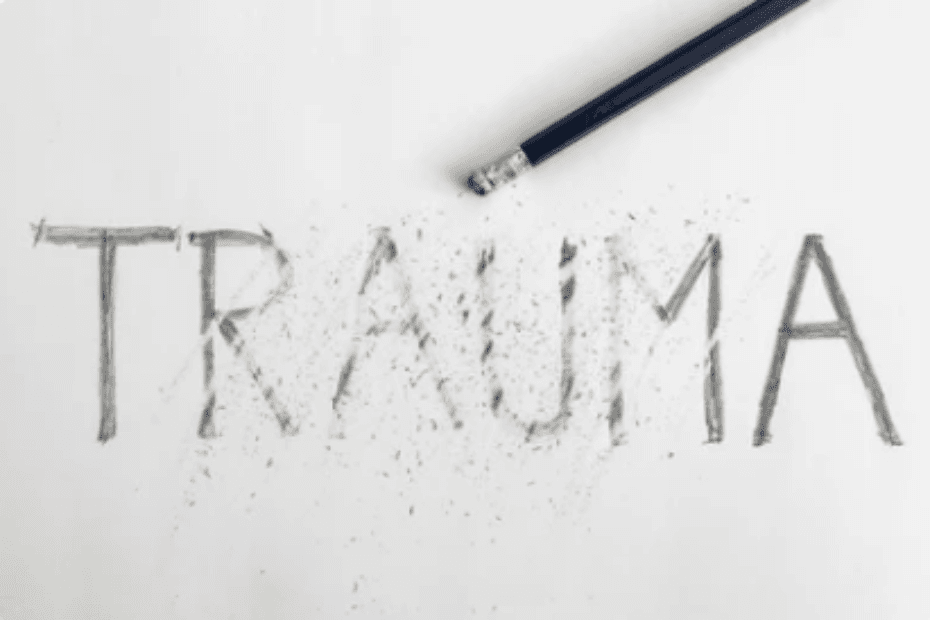|
Podcast of the blog
Getting your Trinity Audio player ready...
|
Trauma has been a field of study for the mental health community for decades now. More and more research is being done to encapsulate the subjectivity of various types of trauma experiences over the human lifespan. From numerous labels and categorizations to understand the ‘symptoms’ to consider the after-effects as a ‘response’ to the traumatic event, the mental health community has been working with varied approaches to be informed about its impact and devise healing modalities accordingly.
To identify the relationship between traumatic experiences and mental health, it is important to note their unique experience of it. Traumatic situations or not, we all have different ways to process any case. These unique processing strategies of an individual make one’s perception highly subjective in nature. This means that even when two individuals who have gone through the same stressful situation can develop entirely different coping strategies, particular to them. Some would go on with their lives with minimal to no impact.
On the other hand, the rest can develop different clusters of dysfunctional strategies to cope with them. This means that with the subjectivity of human experiences, the implications or effects of trauma on mental health are vast. That is why trauma can be one of the primary reasons for initiating and developing psychiatric conditions. These can include mood disorders such as Major Depressive Disorders, anxiety spectrum disorders such as Generalized Anxiety Disorder, Phobia, dissociative and psychosomatic illnesses, eating disorders, and even psychosis. Based on an individual and their unique factors, they can go on to develop different symptoms that are reflected in these psychiatric conditions.
Despite these different psychiatric disorders, there are certain experiences exclusive to experiences of trauma and stress. According to the newest edition of the International Classification of Diseases – 11 (ICD-11), these include:
- Post Traumatic Stress Disorder (PTSD)
- Complex Post Traumatic Stress Disorder (C-PTSD)
- Adjustment Disorder
- Prolonged Grief Disorder
- Reactive Attachment Disorder
- Disinhibited Social Engagement Disorder
Common to all of these is the presence of a highly stressful or traumatic experience, processing of which leads to spiraling down into their unique set of symptoms.
